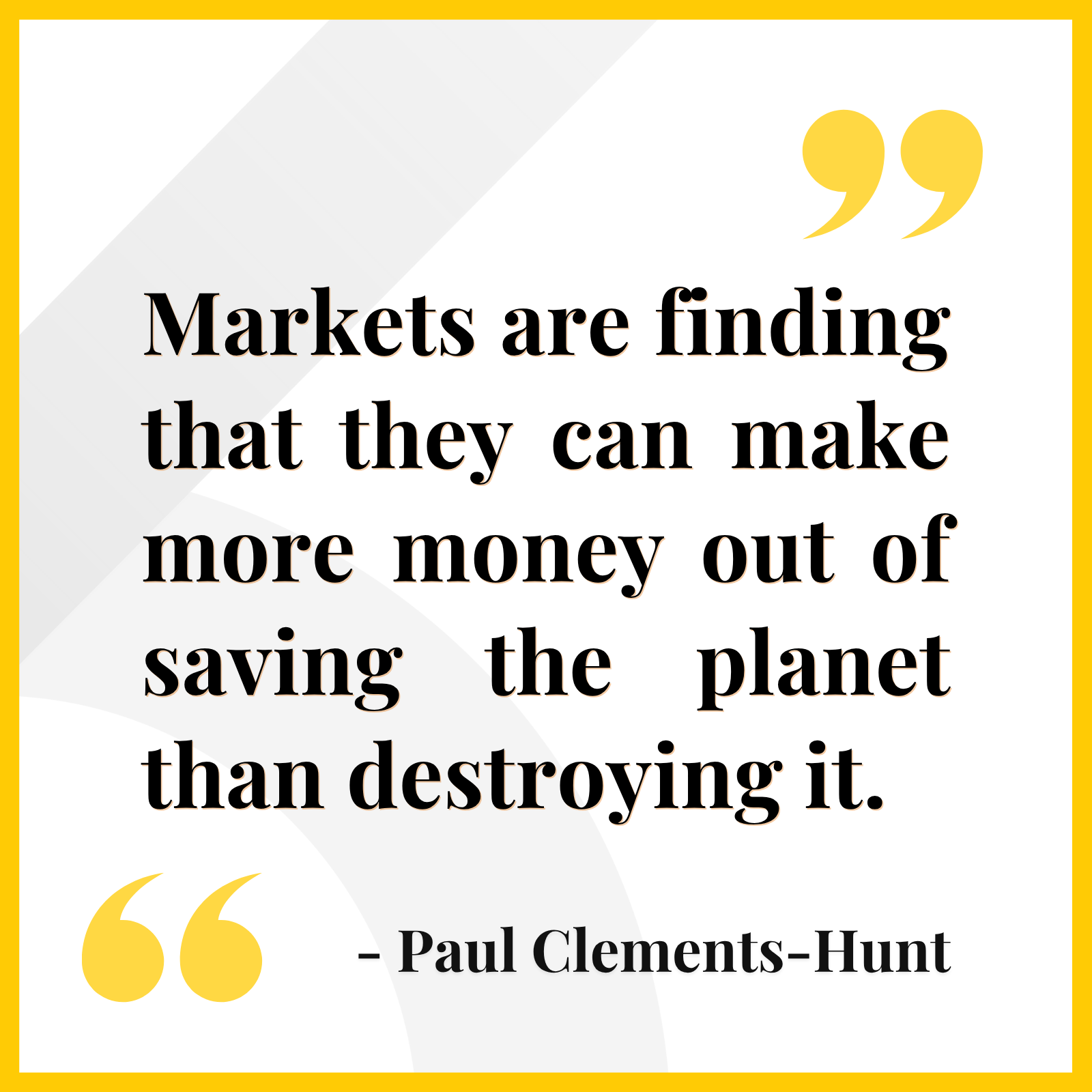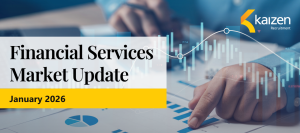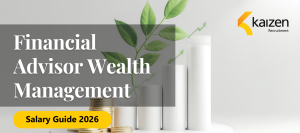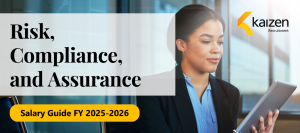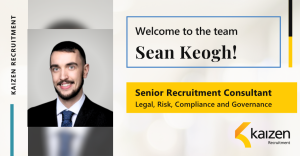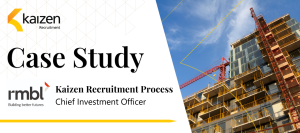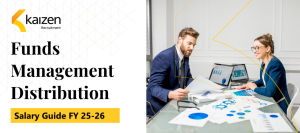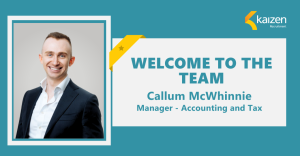RIAA Conference 2025 – From greenwashing to geopolitics: What’s next for ESG?
Images courtesy of Tony Rosier
Simon Gvalda, Kaizen Recruitment’s ESG, Sustainability, and Sustainable Investment recruitment expert, had the privilege of attending the RIAA Conference 2025 in Sydney. This year’s conference was another fantastic event, drawing over 800 delegates. Notably, the 13 largest super funds are now members of RIAA, reflecting the growing importance of ESG in the investment community. According to a recent RIAA survey, 99% of fund managers now incorporate ESG into their investment processes.
Previously in 2024, the emphasis was on mapping geopolitical risks and increasing transparency in supply chains, reflecting concerns over global stability and ethical business practices. Stakeholders highlighted the importance of responsible investing, stewardship, and the growing significance of ESG factors in decision-making processes. Issues like modern slavery, greenwashing, and diversity (specifically disability inclusion) were also prominent, underscoring broader social responsibilities. Moving to 2025, the discourse has expanded further, emphasising the future of ESG in a shifting global economy, regulatory transformations, climate transition challenges, and private market transparency.
 The Future of ESG Keynote
The Future of ESG Keynote
Paul Clements-Hunt, CEO at The Blended Capital Group
The RIAA Conference 2025 kicked off with an insightful keynote speech by Paul Clements-Hunt, the originator of the term “ESG” (Environmental, Social, and Governance). Clements-Hunt emphasised the urgent need for asset owners to invest in a political economy suited for the 21st century. He highlighted that a child born in 2025 will witness peak global population around 2080, underscoring the long-term implications of today’s investment decisions.
Clements-Hunt pointed out that 80% of the world’s capital is concentrated in just 10% of the world’s markets, posing a significant challenge in redistributing wealth. He urged Australia to reclaim its leadership role in ESG issues and stressed the importance of skills to keep ESG relevant.
The Dis-United States of ESG
Where to Now for Responsible Investing?
The conference also delved into the current state of ESG in the United States. On the positive side, the US is maintaining its climate disclosure bill, with companies under the California climate disclosure bill set to start reporting within the next year. However, there are concerns about potential limitations on proxy voting abilities for shareholders and threats to clean and renewable energy due to rollbacks on tax credits and incentives.
Clements-Hunt remarked “markets are finding that they can make more money out of saving the planet than destroying it”, predicting a rise in nature-related products over time.
Fostering ESG Transparency in Private Markets
Liquidity remains a significant issue for investment in private markets, with 87% of US companies earning more than $100 million being privately owned. These companies often stay private to focus on growth, avoiding the constraints of listing requirements. The opaque nature of private markets makes data collection challenging but crucial for informed decision-making.
Climate Transition Investing
If Not Now, Then When? If Not You, Then Who?
Australia faces the daunting task of tripling its environmental investment to achieve the 1.5°C target. Asset owners are seeking better tools and data to assess climate transition risks. The difficulty in obtaining data from private markets adds to the complexity but is essential for businesses to make informed decisions.
Addressing Financial System Climate Risk: A View from the Regulator
ASIC Commissioner, Kate O’Rourke, highlighted the significant compliance changes brought by new climate change reporting legislation, describing it as the biggest shift in a generation. Smaller firms, although not directly required to report, are increasingly receiving climate information requests from larger entities.
ASIC is taking practical steps to support this transition, including regulatory guidance (RG280), regulatory relief, and capacity building. Their enforcement approach will be pragmatic and proportionate, focusing on preventing misleading and deceptive conduct to ensure market confidence and avoid greenwashing.
Greenwashing: Lessons from the Courtroom
Asset managers are implementing scenario analysis, transition plans, and risk assessments to manage greenwashing.
Key points for managing greenwashing risk include:
- A structured approach to operationalise risk management.
- Responsibility lies with the product issuer, even when relying on third parties.
- All investor-facing channels must align and be verified.
- Clear and precise descriptions of investment exclusions.
- Understanding terms from the perspective of the ordinary reasonable consumer.
- Sustainability claims must be made with reasonable grounds.
- Public interest litigation risk related to greenwashing cannot be ignored.
- Reviewing foundational premises to ensure alignment with sustainable investment strategies.
Source: K&L Gates
The Geopolitics of the Renewables’ Value Chain
Investment in renewables in 2024 was double that of fossil fuels for the first time in history, driven by technological improvements and significant flows in private markets. David Mullins noted the challenge of solving a 100-year problem within a 30-year timeframe, while being assessed quarterly.
Conclusion
The RIAA Conference 2025 provided a comprehensive overview of the current state and future of ESG, highlighting the critical need for informed investment decisions, regulatory support, and transparency to continue to drive sustainable growth.
To better understand how these trends are shaping career opportunities and compensation in the ESG space, explore our latest ESG Salary Guide, which provides valuable insights into market benchmarks, in-demand roles, and the skills driving the future of ESG and Sustainable Investment across financial services.
Thank you to all the conference speakers and also, we’d like to thank RIAA for putting on another incredible and informative conference and look forward to next year.
Get in Touch
Based in Melbourne and Sydney, Kaizen Recruitment specialises in financial services recruitment across funds management, wealth management, superannuation, investment consulting and insurance. If you’d like to discuss candidate career drivers and the current state of the market within the financial services recruitment landscape, feel free to reach out to us at +61 3 9095 7157.
Like what you see?
Please feel welcome to join
Kaizen Recruitment’s mailing list
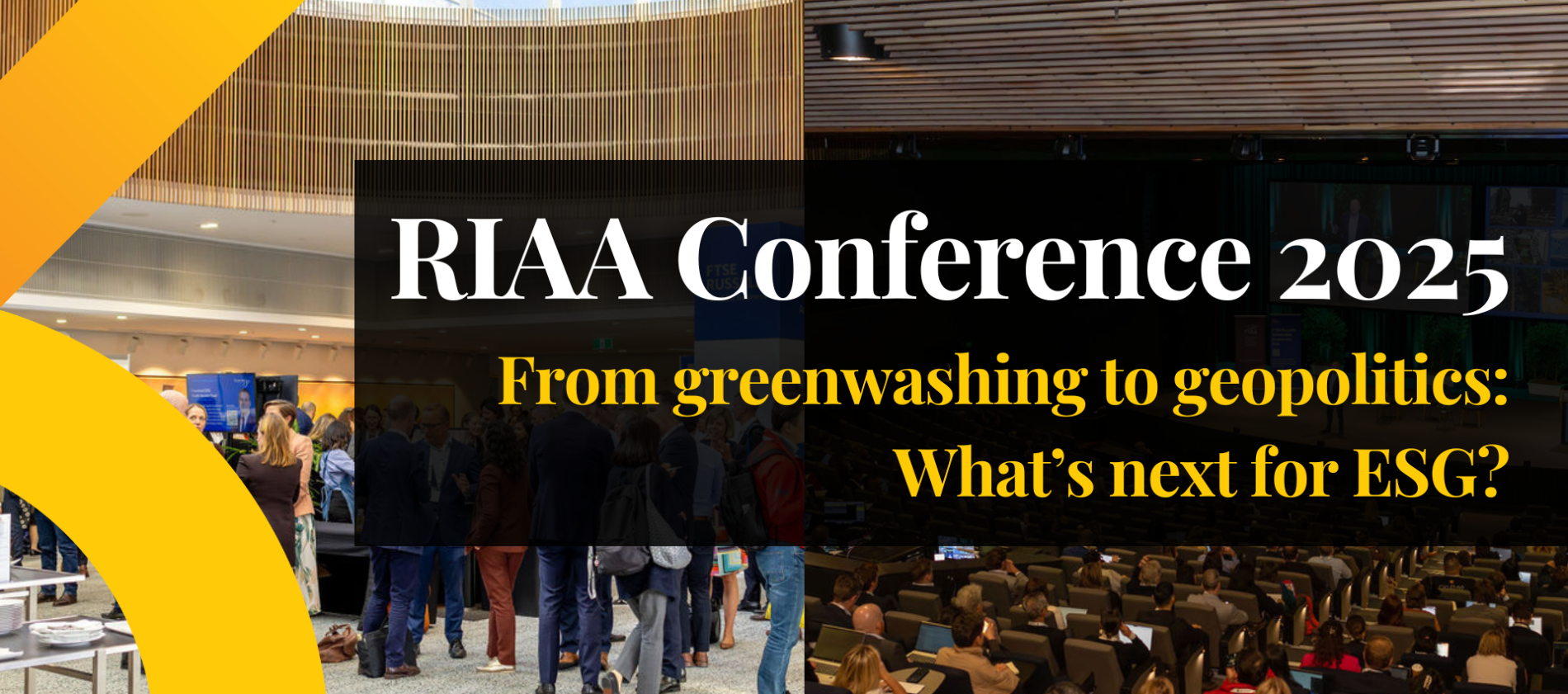
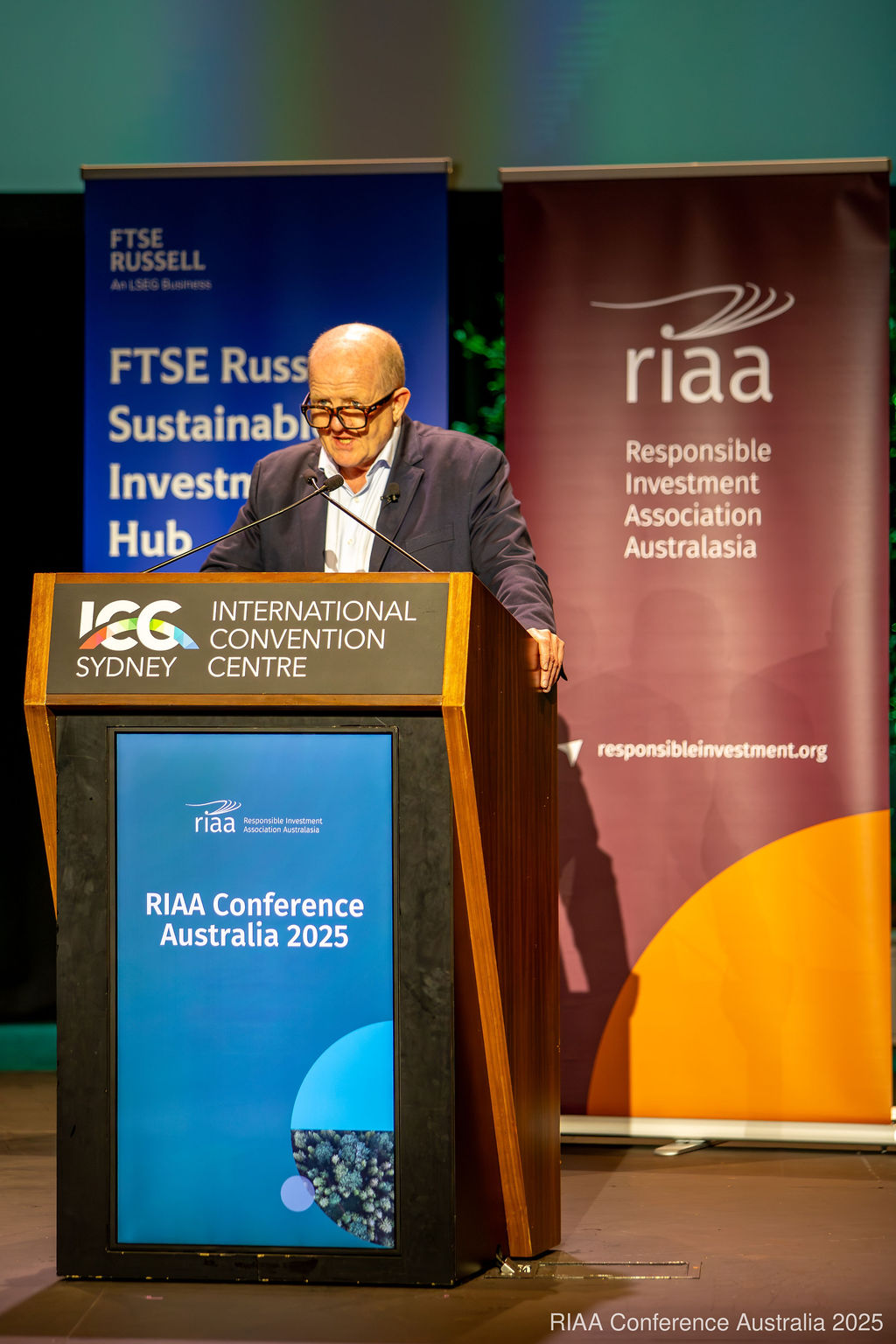 The Future of ESG Keynote
The Future of ESG Keynote